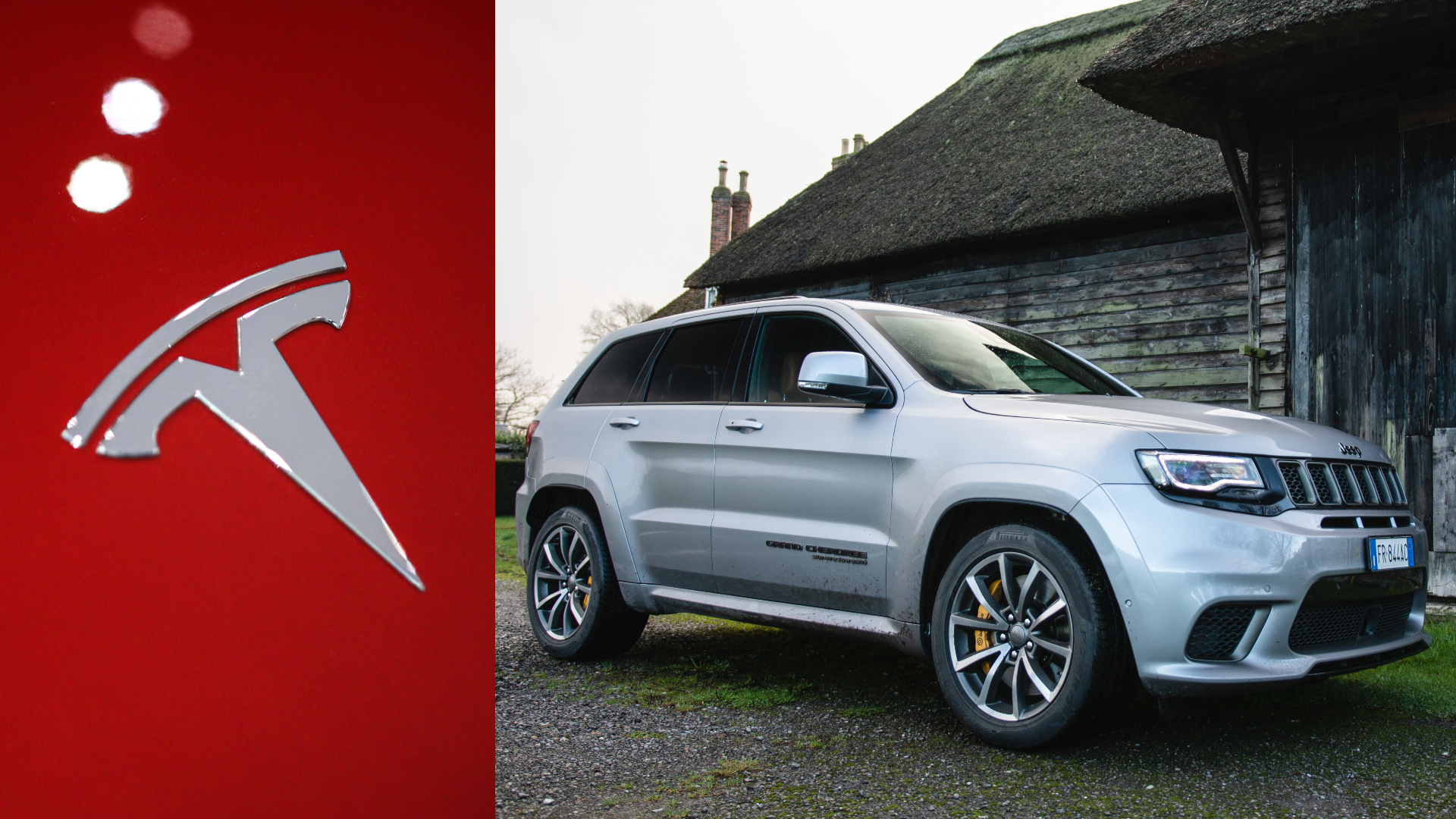
Car manufacturers such as Tesla and Fiat are said to be considering ‘pooling’ their fleet emissions, in an effort to meet upcoming stringent European average CO2 targets.
The practice is legal under EU rules, and could help car companies avoid punitive fines from 2021.
What is emissions pooling?
Pooling is when two manufacturers combine their sales fleets in order to dip below the required emissions target. In this case, the target is 95 g/km of CO2 in 2021.
The fine for not doing so is £82 (€95) for every gram per kilometre of CO2 over the target, for every one of those cars sold. The costs to volume manufacturers who do not get their average emissions down to the target figure is therefore potentially enormous.
This is where ‘pooling’ comes in, something that under current EU rules, is perfectly legal. At present, it is understood Tesla will be partnering with Fiat Chrysler Automobiles (FCA) in order to gain credits.
Obviously, Teslas are all-electric vehicles and, as such, are zero-emissions. Paying Tesla a handsome fee to help out would be expensive, but could cost FCA a great deal less than the fines it may have to pay come 2021.
According to the Financial Times, that fee could be in the “hundreds of millions”. That might just be the easiest chunk of money ever made in the automotive industry.
What exactly are carmakers up against?

At present, manufacturers are fighting a losing battle to lower CO2 emissions. Everything was going smoothly before diesel took a dive post-2015. Diesel was the backbone of the CO2-lowering cause for the better part of 15 years before NOx emissions scandals knocked the wind out of sales.
The diesel market share has fallen to just 1 in 4 new car sales, compared to more than 1 in 2 in 2015.
Higher-CO2 petrol sales have filled the gap, despite commendable advances in technology, thus increasing fleet CO2 averages.
What’s more, the unstoppable popularity of heavy, un-aerodynamic and inefficient (by comparison to conventional cars) SUVs is another factor that’s fanned the flames.
The net result is that figures actually increased from 2017’s 118 g/km average, to 120 g/km in 2018. As they are now moving in the wrong direction, cue investigations into alternative plans – such as emissions pooling…